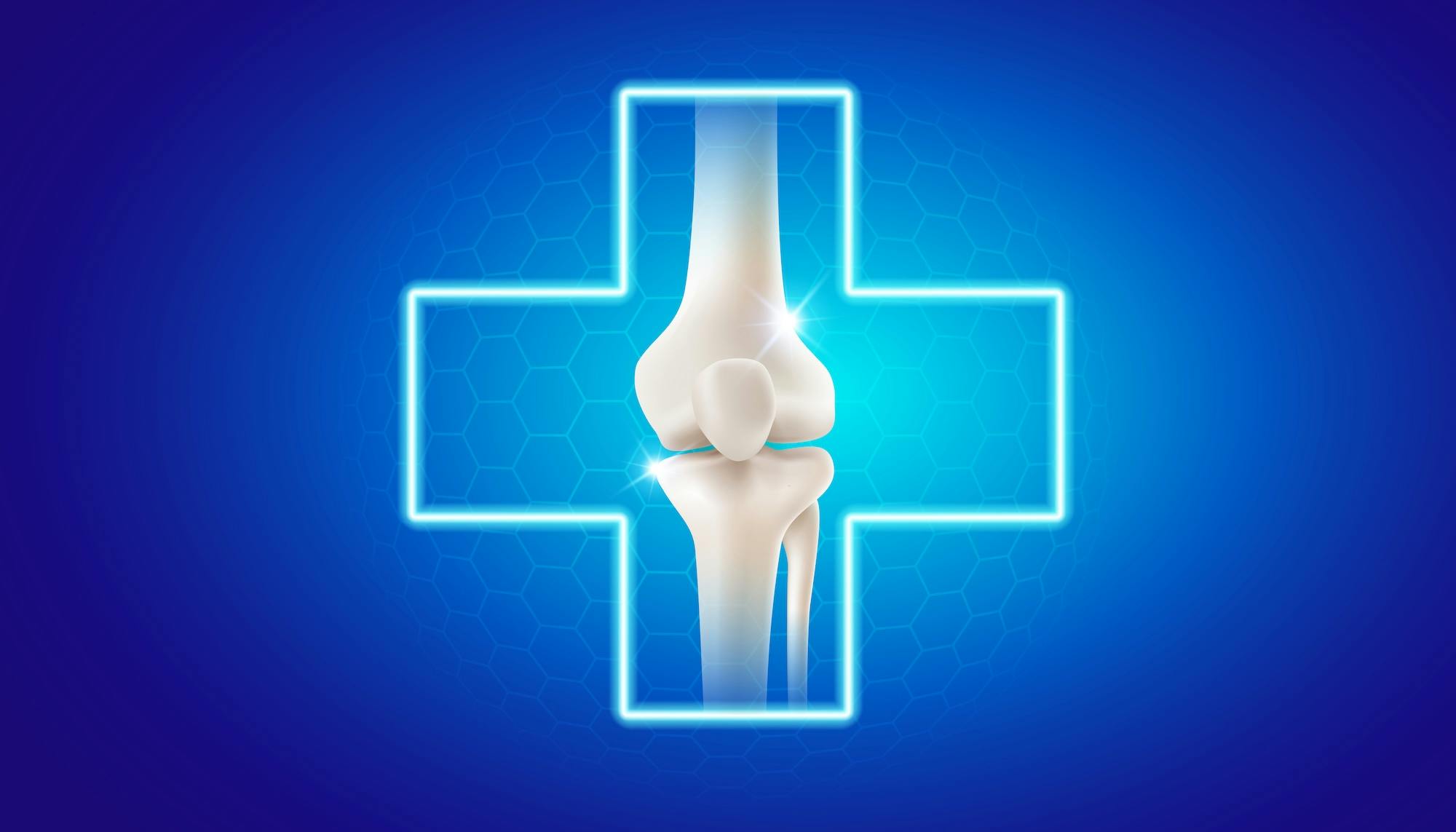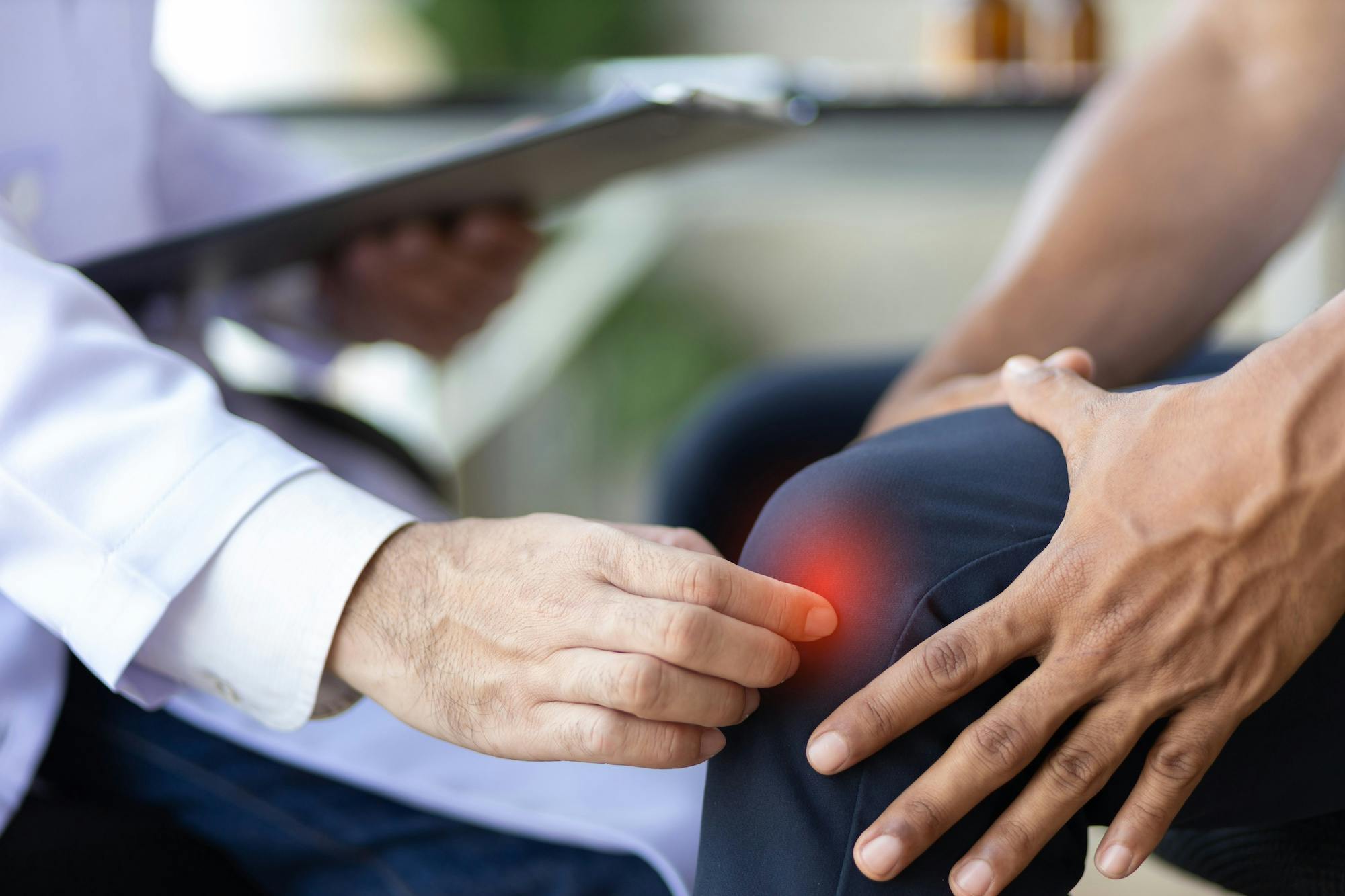- Blog
Orthopedics & Personal Injury Cases
Posted on 03-14-2025 in Personal Injury by Dr. Erik Nilssen

Posted on 03-14-2025 in Personal Injury by Dr. Erik Nilssen
What is an orthopedic specialist?
An orthopedic specialist is a medical doctor who specializes in treating injuries and conditions of the musculoskeletal system. Following medical school, they go through an additional five-year residency program to specialize in orthopedic surgery; oftentimes, orthopedic surgeons will cap off their training with a one-year fellowship program to further sub-specialize in one aspect of orthopedic surgery. Orthopedic specialists treat a wide variety of orthopedic conditions, including sprains, strains, fractures, dislocations, and soft-tissue injuries. To treat these conditions, they offer a wide range of treatments, including physical therapy, injections, orthobiologics, and surgery.
What is a personal injury?
Personal injury is a legal term for any injury to the body or mind of an individual, as opposed to damage to property. Personal injury claims result from accidents that are the result of negligence or reckless conduct and are one of the most common legal complaints filed today. If you have been injured in an accident–at work, on the road, or otherwise–you should immediately seek medical treatment, even if you believe you are not injured. Some injuries can take days or weeks to manifest and can cause lifelong pain and suffering if left untreated.
If you are injured as the result of someone else’s negligence, you may need to file a personal injury claim to ensure you can recuperate your damages. There are costs associated with treating your injury, making up for lost income, and accounting for changes to the quality of your life following the accident.
If you need to file a personal injury claim, there are a few things you will need to make sure you have at your disposal:
How an Orthopedic Specialist Can Help With Your Personal Injury Case
From a medical standpoint, an orthopedic specialist is by far the best medical provider to see following an accident. They have years of training aimed at helping them diagnose and treat musculoskeletal injuries and have a number of specialized treatments at their disposal that other providers do not have. Orthopedic specialists have deep experience with similar cases and offer focused care that can help you get on the road to recovery quicker.
From a legal standpoint, orthopedic specialists can provide you with all necessary medical records required for a personal injury claim. Furthermore, what better person to offer reliable medical testimony at your trail than an orthopedic surgeon, whose sole clinical focus is the musculoskeletal system.

Valentine’s Day is all about love—so why not show your joints some love, too? Whether you’re an athlete, an active adult, or simply looking to maintain mobility as you age, taking care of your joints is essential for long-term health and well-being. At North Florida Bone & Joint Specialists, we believe that self-care isn’t just about relaxation—it’s about making intentional choices to keep your body strong, pain-free, and resilient. Here are four self-care tips to keep your joints healthy and moving with ease:

Pickleball is more than just a fun, fast-paced game—it’s one of the fastest-growing sports in the country. With its easy learning curve and appeal to players of all ages, it’s no wonder that pickleball courts are popping up in neighborhoods and recreation centers everywhere, including right here along the Gulf Coast.

Recently, Dr. Ryan Riggs completed training on iovera°, an innovative pain relief treatment that uses extreme cold to stop nerves from sending pain signals to your brain. The system is safe, doesn’t damage or destroy any surrounding tissue and does not contain any medication.